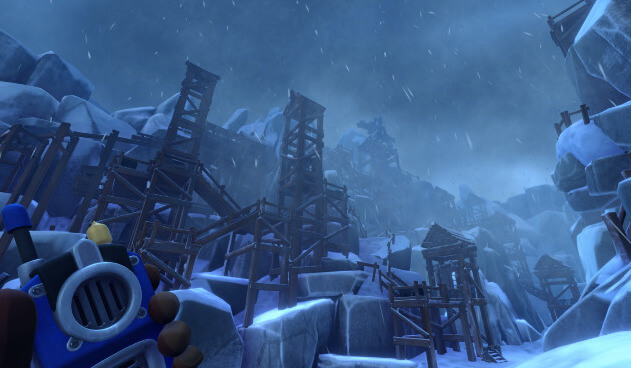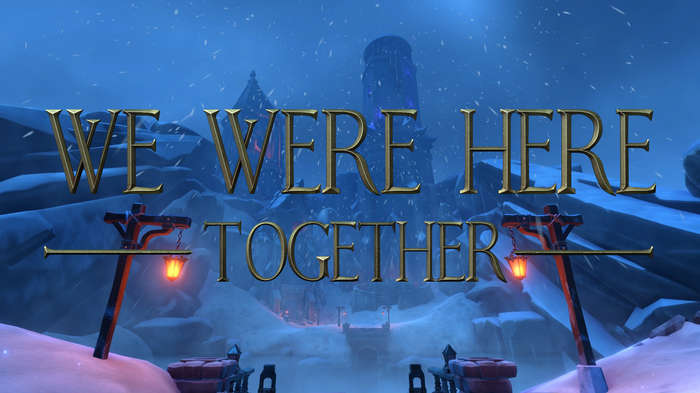

Think about the dynamics or the makeup of your team. To help team members understand and use their strengths, managers must ask themselves two questions: Am I an expert on my team members' strengths? Do all of my team members know and appreciate their unique strengths and contributions? Managers need to have a conversation with team members so they recognize not only who they are, but also what they are capable of becoming. Simply knowing one's strengths is not enough to make a difference in performance. Teams should be made of those individuals. You can't be a star in every area, but every area has a star performer. We need people who are stars, not well-rounded. People are not meant for high performance or excellence in every category, that's a foundational truth in understanding high performance. Your strengths - the ability to deliver consistent, near-perfect performance in a specific task - are simply your talents - a natural way of thinking, feeling or behaving - multiplied by the investment - time spent practicing, developing skills and building a knowledge base. Teams that use their strengths perform better. Read the next section for more on conversations that improve teamwork.


Begin by having a conversation with your team about the future of the team and identify common themes you hear when listening to team members' responses.
#We were here together achiev how to#
Read more about strong partnerships in How to Build a Better Team.įinally, you should consider your conversations. The ones who think of ideas much differently than you and who approach projects, relationships, and conversations in a new way. Find the partners who love doing things you dread. Begin establishing partnerships where you see someone else's strengths complementing yours.


 0 kommentar(er)
0 kommentar(er)
